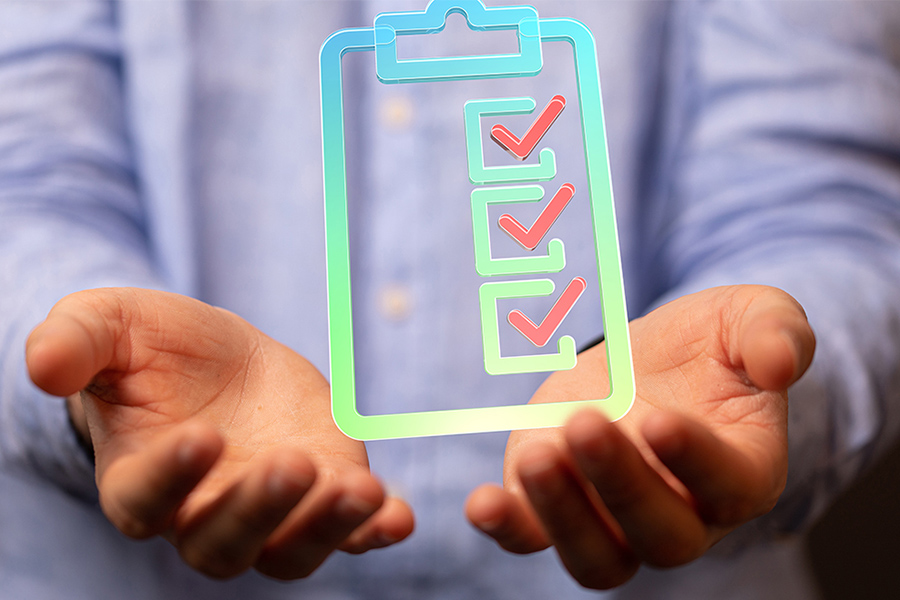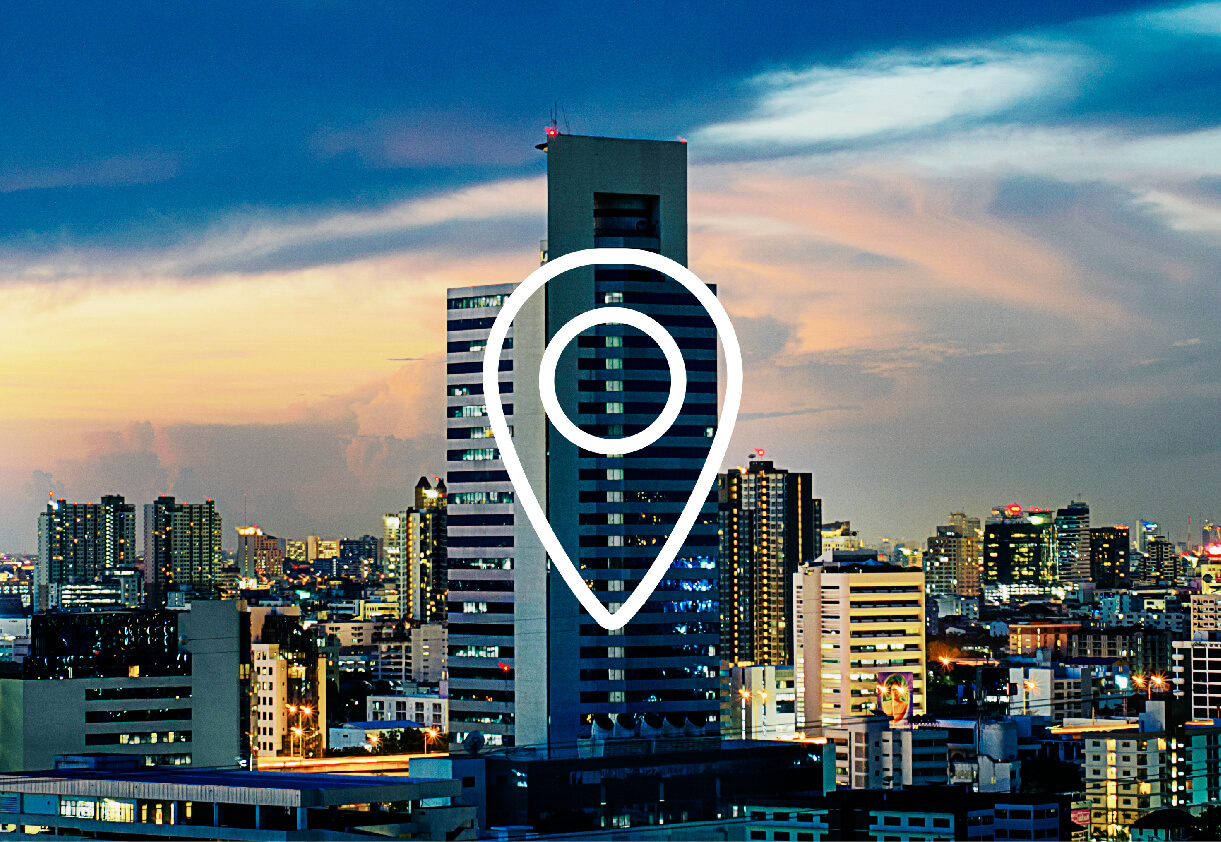Buying a new home is a heart-warming feeling. It is a milestone for most people as they buy a home only once in their lifetime. But it is easy for first-time homeowners to get caught in the overwhelming moment and miss out on double-checking a few important details before they take possession.
There are more than just a handful of criteria that needs to be considered. Before jumping into the fun part of picking the right paint shade or hanging the right curtains in one of the many new projects in Pune, there is a final checklist that you need to tick off while buying a house for the first time.
1. Paperwork: First things first! Ensure you have all your documents in order. Before you take possession, recheck documents like Encumbrance Certificate, No Objection Certificate (NOC), Completion Certificate (CC), Occupancy Certificate (OC) and a few other such important paperwork.
2.
Dimensions: The next thing to check is the dimensions of all the rooms and
utility spaces and see whether they are as per the approved plan. You
should ensure the dimensions are as promised by the developer at the
time of booking and also as per the values mentioned in the
agreement.
3.
Doors and windows: Same
goes for the doors and windows as well. Check they
are of the specification mentioned in the agreement. The doors should
operate without any noise with the knobs and locks working properly.
Similarly, check the same for the windows.
4.
Fittings: This step is often overlooked when buying
a home for the first time.
Check the quality and quantity of all the fittings in the kitchen,
bathroom and common wash areas. Ensure they are of the same or
equivalent brand as mentioned in the agreement and whether they are
working properly.
5.
Switches and plug-points: Check
all the sockets, plugs and bulb holders for proper operation and
verify if the main fuse of the house is controlling the whole current
supply. For an inverter, ensure that it starts working when the main
power switch is off.
6.
Scan for cracks: One of the most common issues with new homes are cracks in the wall.
But the good thing is with a little inspection you can identify
visible cracks. Before taking possession, carefully look for the
cracks and discuss it with the builder if necessary.
7.
Drainage outlets: Just like cracks, one of the most common issues with new houses are
clogged outlets. Check all drainage outlets in bathrooms, kitchen,
balconies, utility spaces, etc. before taking possession of your new
home.
8.
Amenities, common areas and power backup: Now
you can check for provisions in the community like the utility of
promised amenities, common provisions like lifts, power backup, water
supply and other essential services. Before possession, ensure all
these facilities are functioning properly.
The
final element to be mindful of while
buying your first house
is to take custody of all sets of keys, without any fail. Now that
all the important aspect of moving into a new home has been covered,
you can plan your housewarming party with peace of mind.
If you are looking for a new home in West Pune, choose from the remarkable properties by Pharande Spaces. They are one of the reputed real estate developers in Pune, especially in PCMC. Happy housewarming!

 By Admin |
By Admin | 




 By Admin
By Admin
